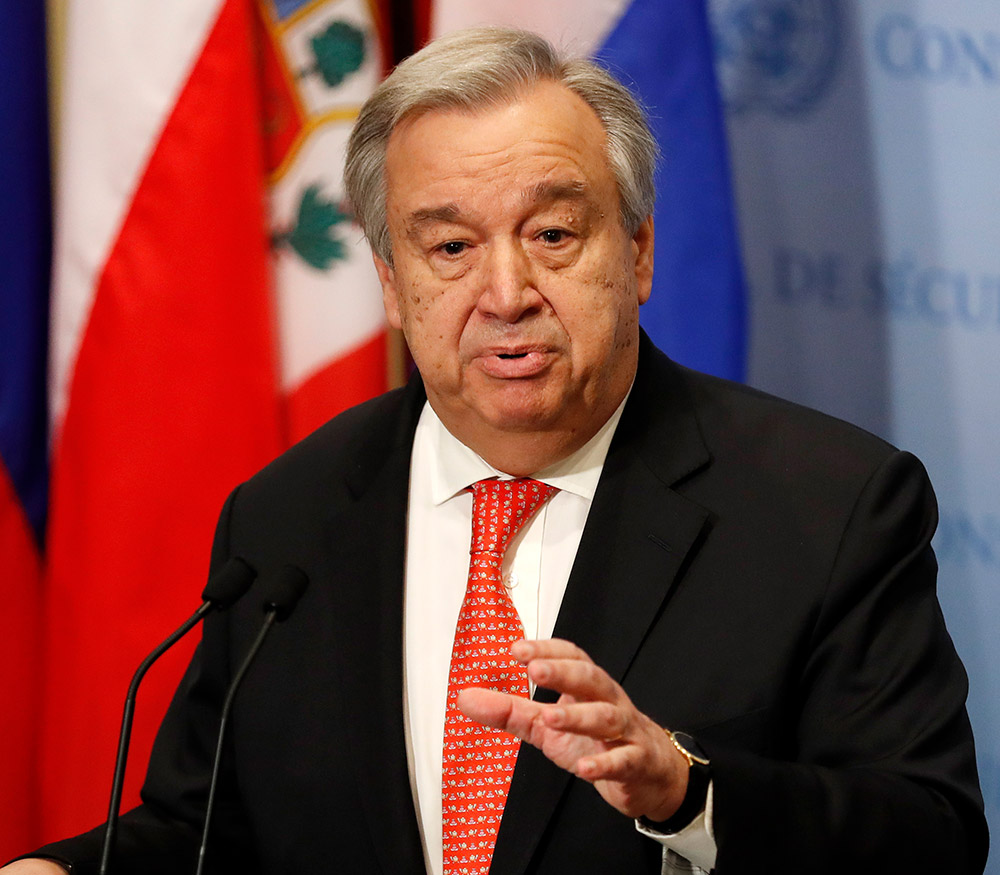The United Nations is on the brink of a financial meltdown, Secretary-General António Guterres has warned, as delayed and incomplete payments from Member States push the organization toward what he called a “race to bankruptcy.”
Presenting a sharply reduced $3.238 billion regular budget for 2026, Guterres told the General Assembly’s Fifth Committee that the UN’s liquidity crisis has reached alarming levels. The revised figure marks a 15.1% cut from 2025 and is far below the original 2026 proposal of $3.715 billion.
The financial strain has forced the UN to slash staffing levels by nearly 19%, dropping from 13,809 to 11,594 posts. The cuts will primarily affect large departments and administrative roles, while programs supporting Least Developed Countries, Landlocked Developing Countries, and small island developing States will be safeguarded.
Guterres revealed that at the end of 2024, arrears stood at $760 million, and the UN must return $300 million in credits to Member States at the start of 2026—removing nearly 10% of the available budget. By late September 2025, only 136 out of 193 Member States had paid their assessments in full, with major contributors like the United States, China, Russia, and Mexico still owing.
“Any delays in collections early in the year will force us to reduce spending even more,” Guterres said. “That means a race to bankruptcy.”
To address the crisis, the UN plans to implement cost-saving measures under the UN80 Initiative, which includes consolidating payroll functions, relocating operations to lower-cost duty stations, and streamlining administrative platforms.
Despite the financial cuts, the UN will continue funding 37 Special Political Missions, allocate $53 million to the Resident Coordinator System, and maintain $50 million for the Peacebuilding Fund.
The Fifth Committee is expected to review and finalize the proposal by December 2025, amid urgent calls for Member States to pay their dues promptly to avert a collapse of core UN operations.

